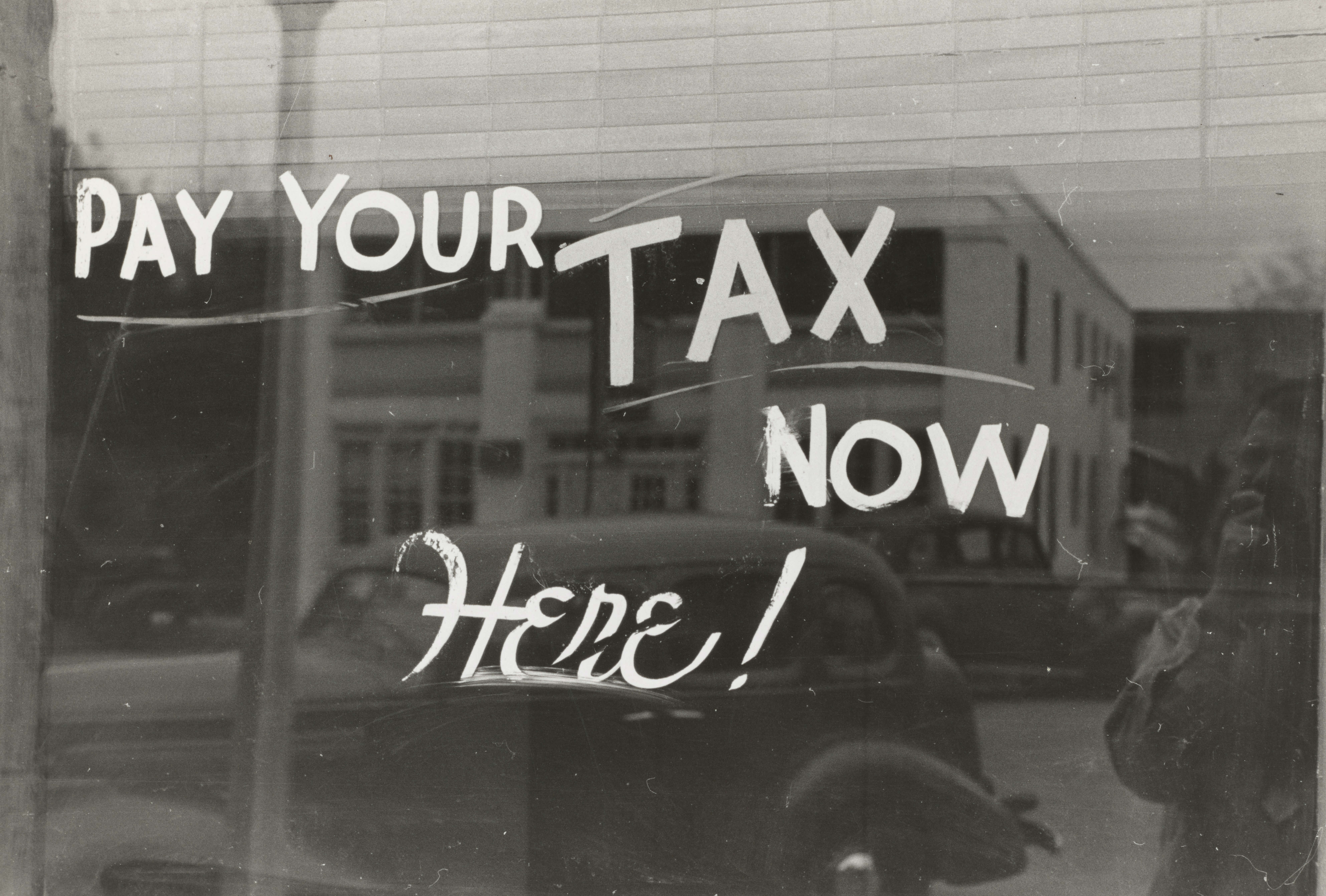As the Closer Look project of the Internal Revenue Service (IRS) has only lately covered tax whistleblowers, it is only fitting that we take another look at it.
These days, blowing the whistle is all the rage. According to the annual whistleblower report for the fiscal year 2021 that was released by the IRS, three of the ten most prevalent claims that caused people to blow the whistle related problems with payroll:
-Workers can be categorised as either employees or independent contractors.
-Submitting false wage reports
-The practise of paying salary in cash or otherwise secretly.
As of the 30th of September in 2021, which marked the end of the fiscal year for the federal government, the IRS Whistleblower Office had successfully collected $6.39 billion from non-compliant taxpayers and had paid out more than 2,500 awards to whistleblowers, totaling more than $1.05 billion. Additionally, the office had paid out more than 2,500 awards to whistleblowers.
The Whistleblower Office has the authority to give monetary awards in a manner that is proportional to the importance of the information that was disclosed. It’s possible that the prizes will be quite large. (Your share of any prize is subject to taxation, by the way.)
For a business to be considered for an award, the total amount of tax, fines, interest, further tax amounts, and additional amounts in dispute must be greater than two million dollars. In addition, the facts, proof, and other papers that you present have to persuade the Internal Revenue Service to begin an audit that it otherwise would not have carried out.
Before making contact with the Whistleblower Office, there are a few essential aspects to keep in mind, including the following:
Your contribution will not be kept in secret. You must complete Form 211. The Internal Revenue Service (IRS) will make every effort to protect your privacy, but they cannot make any guarantees in this regard. It is possible that a court case will require your testimony as a witness. Even though the IRS cannot guarantee that your name will be preserved, you are shielded from retaliation thanks to interim final standards that were published by OSHA earlier this year.
Bring all of the proof that you have with you to the first meeting if you intend to blow the whistle on your current employer.
Because of the way the IRS operates, you only have one opportunity to convince them to move forward with your request.
The presentation of awards won’t take place for some years. Awards won’t be given out until the matter has been resolved once and for all, including any appeals that may be filed with the courts.
Your claim could be sent to one of the IRS’s operating divisions for further examination if it is credible, precise, and submitted within the appropriate time frame. When it comes to payroll taxes, the Small Business and Self-Employed taxpayers make up the operational division. It’s probably not a coincidence that this division had the largest number of referrals in FY 2021.
Once the Internal Revenue Service has begun an audit, it has the authority to examine anywhere it pleases. In addition, payroll audits are frequently the result of corporate audits.
Take the following procedures to ensure that your payroll records are impenetrable to audits:
-Make sure that your Forms 941 and 940, along with your W-4 and W-2 and W-3, are ordered, collated, and coordinated. Your sums ought to be comparable.
-Make sure that the entries on your 941s, 940s, and W-2s/W-3s are supported by the paperwork you have, such as your T&E reports, general ledger, trial balance, and the minutes from the corporate meeting.
Whether there is an error, you should check to see if there is a more recent record that corrects the issue.

